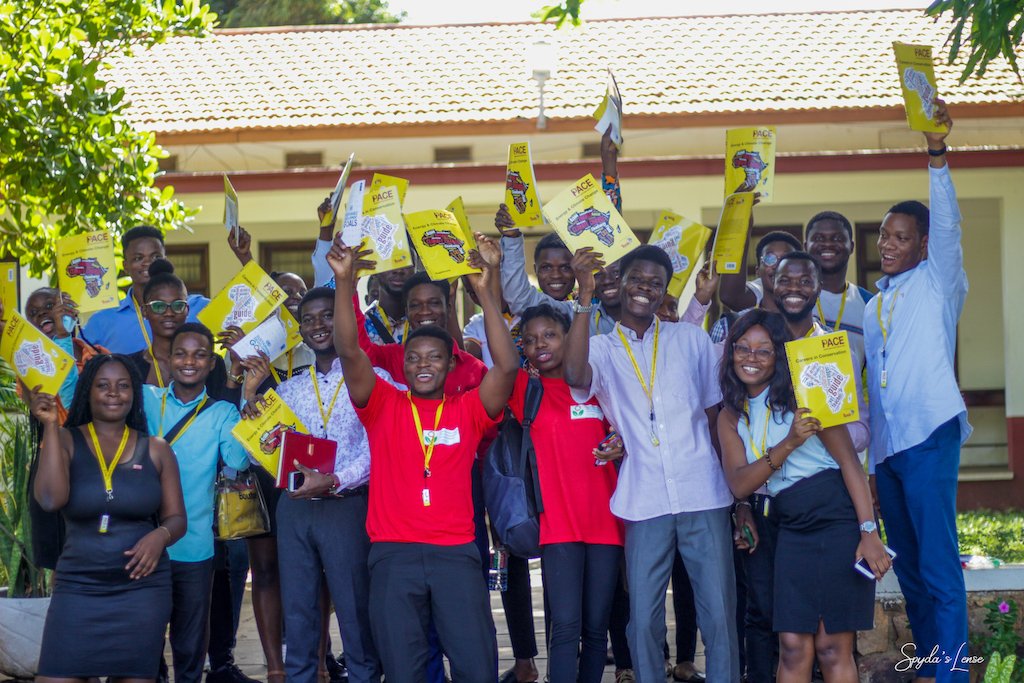Phone: +233 24 418 2515
Email: info@ccseghana.com
Young Climate Innovators Program (YCLIP)
YCLIP is a platform where young people have the opportunity to learn, build skills, and exchange ideas on their role in enabling climate action and to explore thinking tools to ideate and validate innovative solutions for climate mitigation and adaptation within a selected thematic area. The Program generally focuses on five (5) thematic Areas; Climate Change and Sustainable Development, Waste Management, Biodiversity conservation, Forest Restoration and Climate Resilient Agricultural.
Upon Successful completion of the Program, Young Climate Innovators will:

- Understand the meaning and impacts of the climate crisis and will be empowered with the knowledge, skills, values and attitudes needed to act as agents of change.
- Get the opportunity to be Mentored and trained by experts and climate leaders in the five thematic areas to explore innovative design thinking tools, flexing their climate entrepreneurial muscles and creating solutions for enhanced climate actions.
- Understand all International conventions and national policies in relation to the thematic areas.
- Be trained on how to write project proposals and how to successfully and effectively implement and manage projects.
- Get the opportunity to network and connect with climate leaders and development partners to support both technically and financially in their innovations.
- Broaden their perspectives on innovative climate policy, finance and technology trends.
- Be introduced to new youth-led ideas and helped to identify cutting-edge career paths and tools that can advance solutions.
- Be able to propose and innovate community based climate solutions with reference to the thematic areas.
- Get the opportunity to demonstrate their innovation to potential sponsors/funders.
This program is targeted at undergraduate students interested in climate action, policy, and international climate development. The program is scheduled for a period of 3 months and is structured in such a way that students are engaged during the long vacation of tertiary institutions. The program also serves as an internship opportunity for the selected students. Upon successful completion of the thematic modules, students are posted to a climate change affected community to research and embark on their project ideas.
